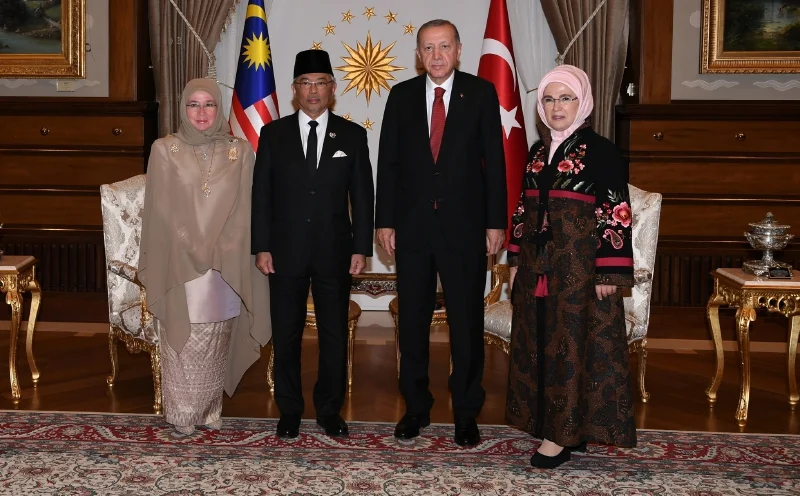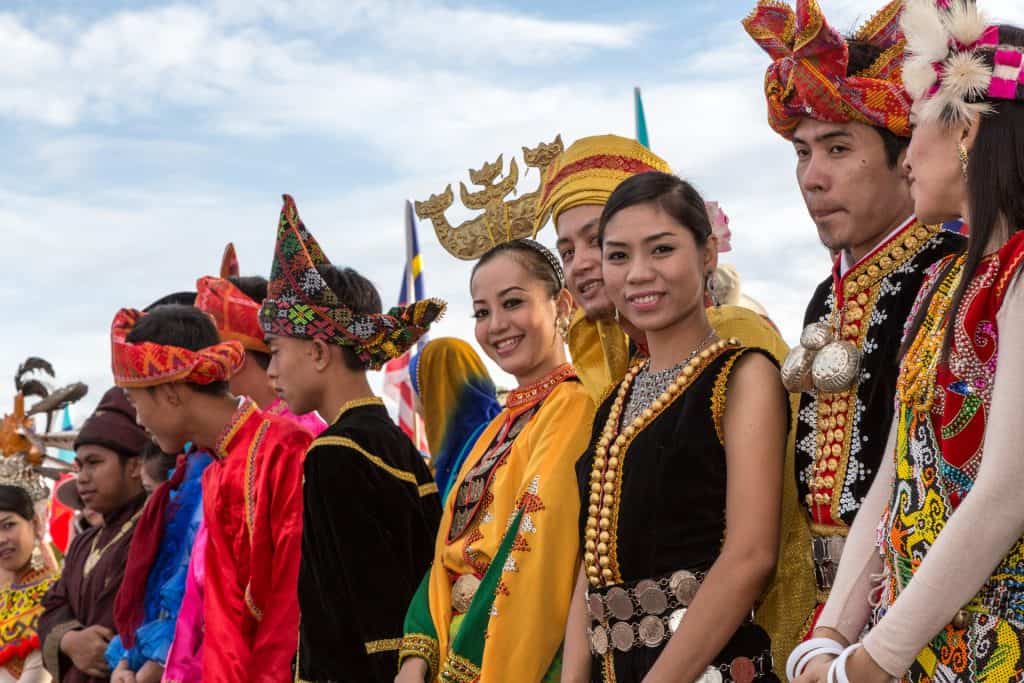Malaysia is now 64 years old, and its sovereignty has been exemplary due to its unique foreign policy. One of the characteristics of a sovereign country is international recognition and establishing external relations either bilaterally between two countries or multilaterally with various countries, for example by joining international organisations.
Historically, the early kingdoms in the Malay Peninsular had established external relations before the era of Western colonialism. For example, the kingdom of Kedah Tua and the Sultanate of Malacca established relations with China, India and Persia. Apart from that, the Sultanate of Johor during the reign of Sultan Sir Abu Bakar ibni Almarhum Temenggong Seri Maharaja Tun Daeng Ibrahim (1886-1895) had foreign relations with Britain, Japan and the Ottoman Turkish Empire. In fact, Sultan Sir Abu Bakar was a close friend of Queen Victoria, Emperor Meiji of Japan and Sultan Abdul Hamid of the Ottoman Turkish Empire. What is clear from history is that from time immemorial, local kingdoms had shown ability and wisdom in handling external relations.
When Malaysia achieved independence in 1957, Malaysia only had 7 diplomatic missions, namely in London, Washington DC, New York, Canberra, Jakarta, New Delhi and Bangkok. After 64 years, Malaysia’s foreign relations have grown from 7 diplomatic missions to 110 diplomatic missions, thus transforming into one centre of friendship and trade. In addition, Malaysia’s foreign policy has evolved from pro-Western and anti-Communist approach adopted during the administration of the first Prime Minister Tunku Abdul Rahman (1957-1971) to the Neutrality Policy since the administration of Tun Abdul Razak in the 1970s until present times. Generally, there are five characteristics of continuity in Malaysia’s foreign policy.
The first characteristic is pragmatism because the main objective of foreign policy is to achieve national interests and ensure the preservation of sovereignty. Thus, foreign policy is realistic in nature in line with international political developments. This explains why the moment Malaya became independent during the Cold War in the 1950s and 60s, it was exposed to domestic threats such as the Malayan Communist Party (CPM) insurgency and external threat such as the Korean War, Vietnam War, Confrontation. Due to the country’s limited military capabilities and the need for external military support from Commonwealth countries for defence purposes, Malaya adopted the pro-Western and anti-communist foreign policy. The nature of pragmatism still persists till this day when dealing with major powers such as China and the United States (US) on the issue of overlapping claims of the South China Sea. As a result, Malaysia maintains cordial relations with China and the US.
The second characteristic is active foreign policy since independence. This is evidenced by the increase in the number of diplomatic missions from 7 missions to 110 missions within six decades. As a member of the United Nations (UN), Malaysia has shown a commitment to multilateralism for international peace and prosperity. This is highlighted through Malaysia’s involvement in peacekeeping operations under the UN. Malaysia is also actively involved in forums organised by the UN to find solutions to various global problems. In fact, Malaysia has been elected as a non-permanent member of the UN Security Council for four times and Malaysian diplomats such as Tan Sri Razali Ismail have been honoured to be appointed Chairman of the UN General Assembly.
Apart from that, Malaysia is also actively involved in the Non-Aligned Movement (NAM), Commonwealth, Group of Seventy-Seven (G77), Developing Eight (D8), Middle East Asia Dialogue (AMED), Far East Asia Latin Cooperation (FEALAC). Apart from those, Malaysia has been part of the Indian Ocean Association (IORA), Asia -Europe Meeting (ASEM) and Asia Pacific Economic Cooperation (APEC). As an Islamic country, Malaysia has been actively involved in the Organization of Islamic Cooperation (OIC).
The third characteristic is regionalism which is the spirit of regional cooperation. ASEAN has been the main thrust of Malaysia’s foreign policy because Malaysia believes that as a developing country, cooperation with neighbouring countries is essential to ensure security and prosperity. Since independence, Malaysia is convinced that Southeast Asian countries with all the shared similarities must work together. Thus, Malaysia championed the idea of regionalism in the late 1950s with the establishment of the Association of Southeast Asia (ASA) in 1961 and later became one of the founding countries of ASEAN in 1967. Malaysia introduced the concept of Neutrality to the Southeast Asian region through the Declaration of Zone of Peace, Freedom and Neutrality (ZOPFAN) during the ASEAN Conference in Kuala Lumpur in 1971. ASEAN continues to be a major pillar of Malaysia’s foreign policy.
The fourth characteristic is moderation in which Malaysia’s foreign policy can be considered balanced. This is in line with the policy of neutrality. Although in the 1960s, despite being supportive towards Western powers, Malaysia did not join Western-sponsored military alliances such as the Treaty of Southeast Asian Nations (SEATO). Neither did Malaysia allow foreign military bases in the country compared to neighbouring countries such as the Philippines and Thailand. At present, despite the competition between the US and China, Kuala Lumpur still maintains friendly relations with Washington DC and Beijing. However, this does not mean that Malaysia is willing to compromise on issues of oppression and injustice. Malaysia demonstrated its strong stand against these issues when it voiced out against the human rights violation and oppression suffered by the Palestinians, Rohingya and Bosnians. In addition, Malaysia criticised the Apartheid policy that was once practiced in South Africa.
The fifth and final characteristic is peace in which its foreign policy emphasises negotiations and judiciary. Both of these methods have been fundamental in achieving peaceful conflict resolution that is void of any use of force. Military power is only for defensive purposes. Malaysia has successfully resolved the issue of overlapping territorial claims with neighbouring countries such as Indonesia and Singapore through judicial means in accordance with international law.
[Photo credit: Wisma Putra]


